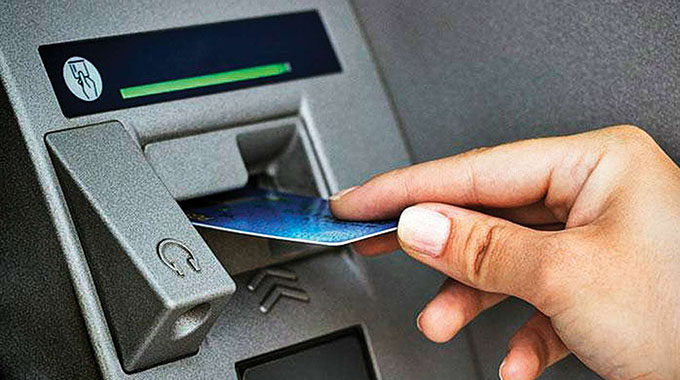Some tips to prevent card cloning

Tom Muleya Fraud Insight
Fighting cybercrime is anybody’s business. It is important to know what to do if you become a victim of cyber-attack. It is also important to have a general appreciation of cybercrime even if you are not yet a victim.
In the previous article, we looked at the global and Zimbabwean overview of the problem of cyber Card cloning and its impact on the financial sector. It is general considered that “card cloning” is a national problem in Zimbabwe and that the public needs to adopt preventive measures at all levels.
Despite the vast advantages, technological development will always deepen the problem of cyber fraud. The current trend to include NFC technology into Mobile phones significantly simplifies and enhances the skimming and relay attacks. NFC enabled mobile phones can be used to access and read data from contactless credit cards as well as emulate credit in a relay attack or based on data previously skimmed from a card.
There are three terms that needs to be defined that relates to card cloning and these are eavesdropping, skimming and relay. Skimming relates to a scenario where an attacker captures credit card data and later uses this information in fraudulent payment transactions. Relay attack refers to a scenario where an attacker forwards the communication between a dummy credit card (“proxy”) that is used to perform a payment transaction at a credit card terminal and a reader device (“mole”) that accesses the real credit card. While eavesdropping refers to a scenario where an attacker picks up the RF signals transmitted between a terminal and a card from a distant location.
Staying informed about the trends of cybercrime will go a long way in minimizing incidences of cyber-attacks. The following are some, amongst many ways of preventing card cloning;
- Do not allow anyone else to use your Card, Pin, Password or other unique means of personal identification. The risk is even higher when such sensitive information is disclosed to strangers including bank employees.
- Always take reasonable steps to keep your card, Pin and Password a secret, safe and secure all times.
- When using an ATM services, you should take note of any cautionary notices that may be placed for your protection, and exercise due caution accordingly.
- As soon as you suspect or discover any unauthorized activity on your account, quickly advise or report to your respective bank so that the Bank can take necessary measures to prevent or limit fraud or theft on your account.
- Familiarise yourself with current trends of cybercrime and card cloning; information is the first line of defence.
- Register or subscribe to receive transaction notifications via SMS that may be used to alert you of any unauthorized activity on your account.
Take responsibility of yourself and avoid being a victim to Cyber card cloning fraud. Follow Fraud insight and be part of a solution to card cloning. Watch out for the next issue.
For your feedback, WhatsApp line: 0772 764 043, or e-mail:[email protected]. Tom Muleya is a Detective Assistant Inspector working under the Criminal Investigations Department, Harare.








Comments